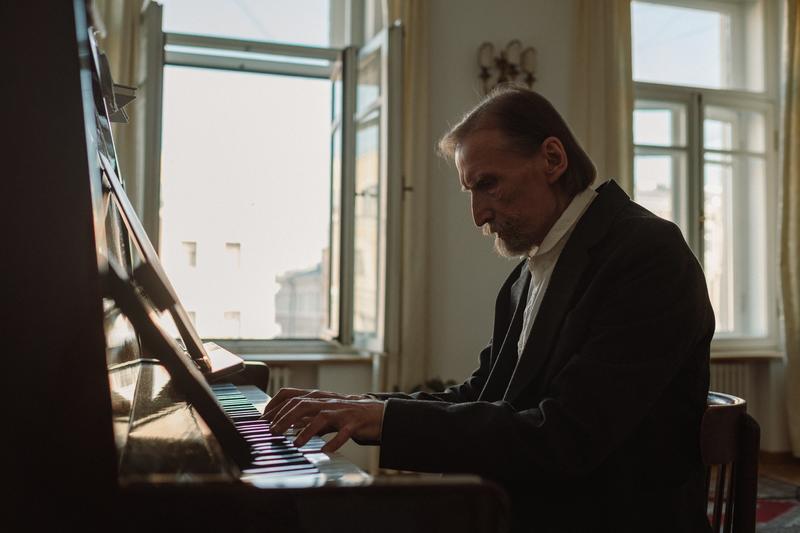What is a High Performer?

Do you consider yourself a high-performer? Many of my clients didn’t necessarily think so before we first started working together.
But I define “higher performers” as simply possessing 3 qualities. First is that they are someone who has the aspiration to improve their current situation in some aspect of life. Maybe they want to be a better parent. Or they want to improve their physical health. Or they want to see what they can accomplish as an entrepreneur.
Two, they are someone that is willing to not just think about life being better, in the ways that they want or aspire to - but then they’re actually going to do something - to move in that direction.
And lastly three, they are someone that sees the value of and endeavors to make this a regular or habitual orientation to life. Especially in a healthy and sustainable way.
But what I’ve found working with clients is that even when people have the desire AND the willingness, they don’t necessarily have the understanding of how to actually close the gap between where they are and where they want to go.
And when I talk about the how, I’m not talking about “hard” skills. In this day and age, hard skills are generally readily accessible. We can go to school. We can get a degree. We can learn things on the job. We can also Google stuff or search for videos on YouTube :) It’s relatively easy to find resources to learn or develop - what I think of as “hard” skills or abilities.

For example, if I want to get more fit, I can easily find a personal trainer in my area who can tell me about nutrition and show me exercises or various techniques. Or if I want to learn to play the piano. I can easily find a teacher in my area. But even if I lived somewhere without any piano teachers nearby, now with the Internet, I can study virtually with a teacher - or perhaps self-study through video.
But what I’ve discovered is more challenging to find are ways to help people train and cultivate the inner mental and emotional aspects that support the application of these hard or external skills.
And so, in my life, I’ve always been intrigued by the difference between individuals who get up everyday and consistently make progress towards realizing their aspirations and achieving their goals - and actually fulfills on whatever idea or vision they’ve defined for themselves. And those who do not - despite having similar aspirations and goals.
So my 1-1 coaching work and the group programs I offer are around helping clients train what I like to call the “inner landscape.” The inner mental and emotional aspects that need to be aligned in order to create outer results. To create the external reality of life - of what they want to achieve, what they want to create, or who they want to be.
And just like an athlete has to train in order to improve as an athlete. Or a musician has to practice in order to become a better musician - my focus has been on developing a framework and process around training and cultivating the mental and emotional capacity and leverage - to inspire us to do the things that we want to do. With greater joy. Greater peace. And ultimately…greater fulfillment.
